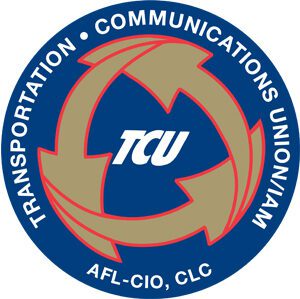Railroad employees with railroad service prior to October 1981 who retire at age 60 and older with 30 years of service or 65 and older with 25-29 years of service, and have a current railroad connection may be entitled to a Supplemental Annuity in an amount up to $43 per month depending on years of service. However, the U.S. Railroad Retirement Board reduced or eliminated the payment of the Supplemental Annuity based on the employee’s entitlement to benefits under an employer sponsored 401(k) plan where the employer was required to make contributions. A recent U.S. Railroad Retirement Board Legal Opinion will change the manner in which these Supplemental Annuities are payable.
Prior to the ruling, the U.S. Railroad Retirement Board considered a 401(k) plan in which the employer was required to make contributions to be a supplemental pension plan or private employer pension plan. As such, a retiree’s entitlement to this type of 401(k) plan disqualified him/her from receiving all or a portion of the Supplemental Annuity at the time of his/her retirement under the Railroad Retirement Act.
The U.S. Railroad Retirement Board’s January 13, 2014 Legal Opinion outlines that an employer sponsored 401(k) plan where an employer is required to make contributions will no longer be considered a supplemental pension plan or private employer pension plan, whereby, allowing a qualifying retiree to receive the Supplemental Annuities payment.
For new applications, the Railroad Retirement Board has implemented procedures to no longer reduce or eliminate the Supplemental Annuity payable to qualified retirees who are entitled to benefits under an employer sponsored 401(k) plan where the employer was required to make contributions.
For qualified retirees in pay status at the time of the Legal Opinion who had a reduction in their Supplemental Annuity because of an employer sponsored 401(K) plan, the U.S. Railroad Retirement Board is in the process of determining the manner in which these retirees’ annuities will be adjusted.

